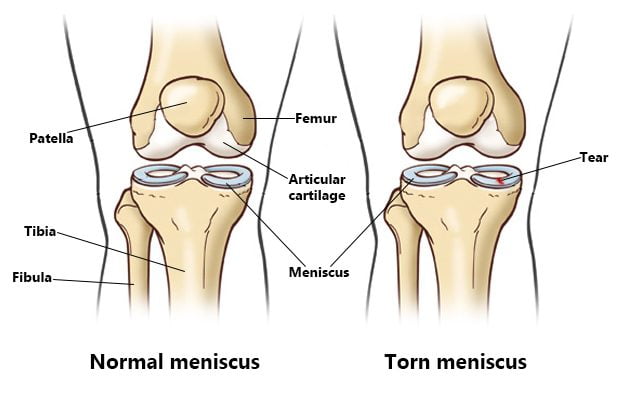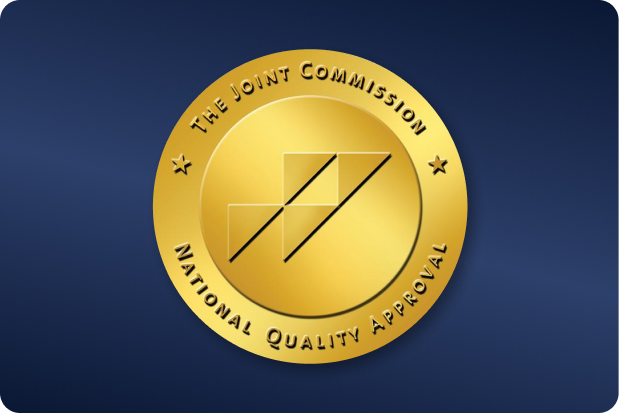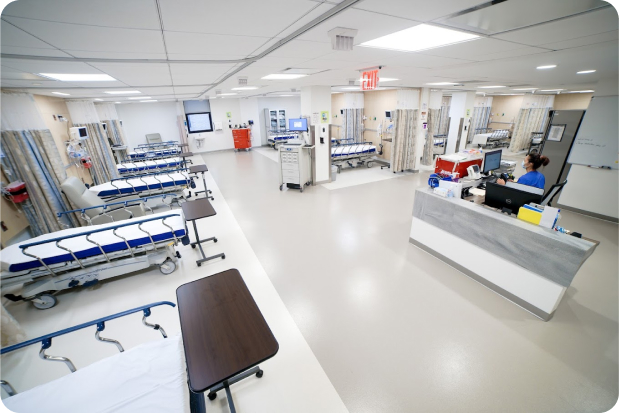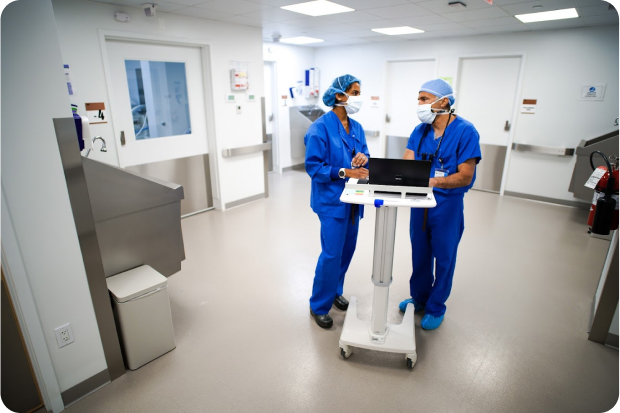 OUR LOCATIONSCall to book (212) 604-1300
OUR LOCATIONSCall to book (212) 604-1300
 OUR LOCATIONSCall to book (212) 604-1300
OUR LOCATIONSCall to book (212) 604-1300
Table of contents

Although the Meniscus is very tough, it can tear from a sudden twist or hit to the knee. It is for this reason that athletes in contact sports often suffer Meniscus Tears or torn cartilage of the knee. In addition to athletes, the elderly are more susceptible to Meniscus Tears, as the Meniscus wears away with age.
Meniscus tears typically occur in two primary ways:




While some Meniscus Tears present themselves with a popping of the knee and immediate pain, Meniscus Tears do not always produce symptoms immediately. In fact, many people who suffer a Meniscus Tear do not know they have suffered one until the symptoms begin, which can be days after a fall or injury.
The most common symptoms of a Meniscus Tear include:


Diagnosing a meniscus tear involves:
In many cases, physical examination and medical history provide a strong indication of the likelihood of a meniscus tear, but an MRI is typically required to confirm the diagnosis and determine appropriate treatment.
New York Pain Care is dedicated to providing every patient with a tailored treatment plan, especially for knee injuries and sports-related conditions. Our specialists put much thought into your treatment plan, which will be personalized for your individual needs and goals.
If you are diagnosed with a meniscus tear, we may recommend specific physical therapy along with a rehabilitation program to reduce pain, improve mobility, and allow you to safely and effectively return to your normal routine.
While it may not be entirely possible to prevent meniscus tears, especially as we age, certain habits can influence your risk, particularly when engaging in sports or physical activities.
Below are some key strategies that may help reduce the likelihood of a meniscus injury:
Incorporating these preventive measures into your routine can make a significant difference in supporting the health and longevity of your menisci.
Living with a meniscus tear involves changing activities of daily life to avoid pain triggers, sometimes with the assistance of supporting devices such as braces. Pain and swelling can be reduced with over-the-counter medication and by using ice. In addition, gentle exercise and physical therapy are crucial to strengthen the surrounding muscles as well as stability.
It is advisable to stay in touch with your doctor because if things begin to get worse, then more treatment options, including surgical, may be needed.
The first step in treating a Meniscus Tear is to make an appointment to see a doctor who specializes in Sports Medicine for a diagnosis and to learn your Meniscus Tear treatment options.
At New York Pain Care, we are dedicated to creating a customized treatment program that will offer long-lasting relief. Our pain specialists are highly trained and experienced in diagnosing and treating knee conditions and injuries. Your doctor will provide you with a unique care plan using advanced equipment and procedures that will consist of various non-surgical methods, such as physical therapy and rehabilitation.
Don’t allow knee pain to change your life. Set up a consultation with one of New York City’s top knee pain doctors to begin your journey toward relief from a meniscus tear. Call us at 212-604-1300 or request more information by filling out the online form above.
Click here to book an appointment online now.
New York Pain Care
20 Squadron Blvd, Suite 290
New City, NY 10956
(212) 242-8160






